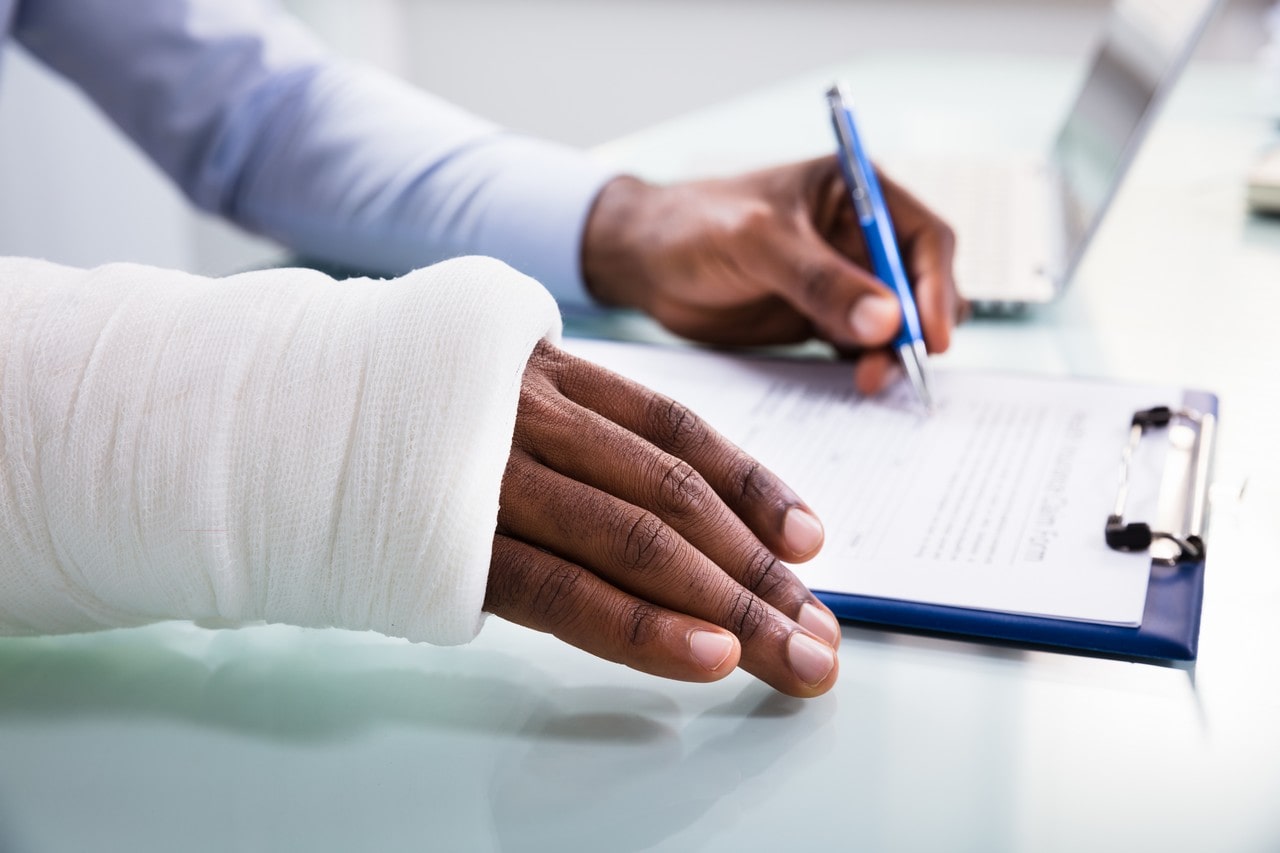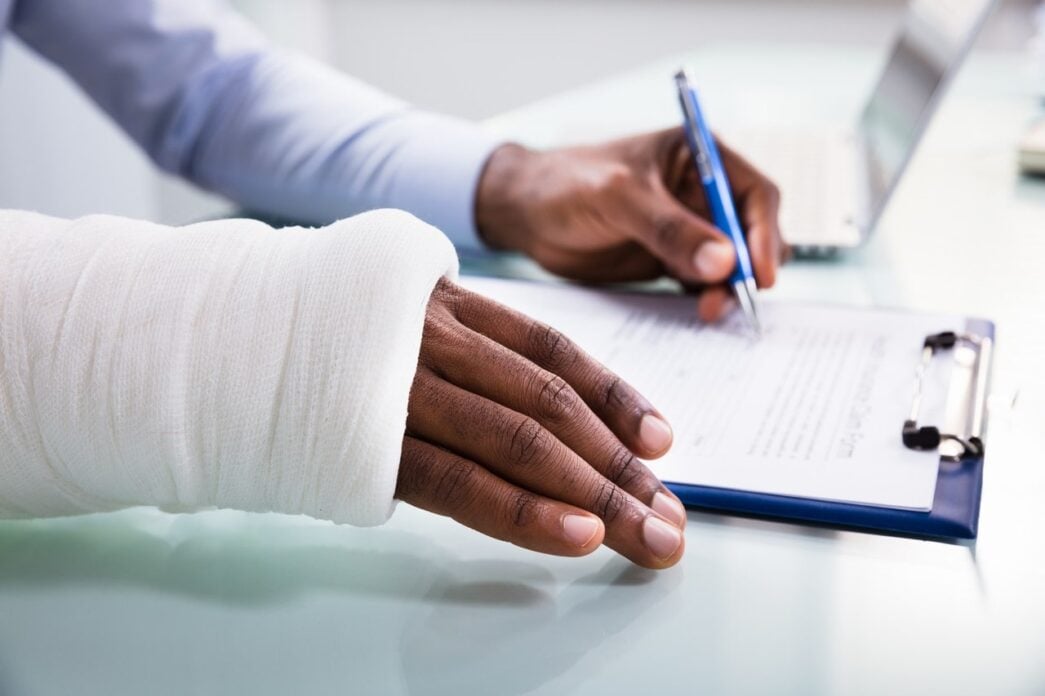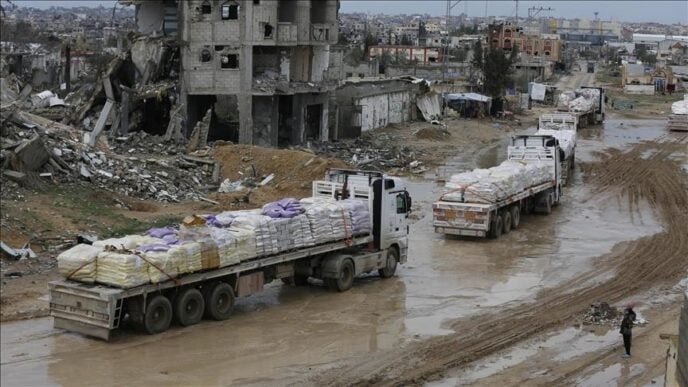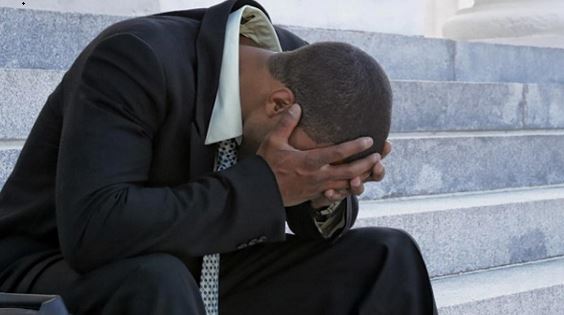BY MICHAEL ODUNLAMI
In our first episode in this series, we explained that there are three major ways someone can be held legally responsible in a personal injury case, namely; negligence, strict Liability, and intentional wrongdoing. In this episode, we will be delving into how strict liability can give rise to a personal injury claim.
In our country today, many people still do not quite understand that there are situations where they can be held legally responsible for someone’s injury or harm, even when they didn’t plan it, or it was not their intention, to happen. When this is the case, it is called “strict liability” in law. It essentially means that, if someone sustains an injury or suffers harm under certain conditions they have created, they may be liable for their losses, pain, and suffering. There is no need to prove that they were careless or intended to harm the person who had suffered the injury. It’s a very heavy and strict responsibility. The law applies strict liability to protect the public and prevent dangerous or reckless behaviour from people who tend to disregard the safety and well-being of others.
Let us take, for example, a large cement company operating in a busy area like Ikorodu part of Lagos, or a chemical manufacturing industry in the Agbara industrial area of Ogun state. They store dangerous chemicals for their production, but one night, due to no fault of theirs (the company), one of the tanks storing their chemicals started leaking some dangerous chemicals onto the ground. The leakage is quite a lot, thus the chemical flows into the nearby community, damaging people’s property and making children fall sick from respiratory problems as a result of inhaling the smell or scent from the escaped chemical. In most circumstances, the company would like to say the accident was not intended, claiming that they followed all safety procedures as far as Health and Safety is concerned. The company will simply state that it was an accident to absolve itself of blame and liability.
Advertisement
However, it is noteworthy to state that, even if everyone believes that the unfortunate event was an accident, the people affected by this chemical spill can still sue the erring company for damages and win some compensation in the form of money. This is largely because of strict liability. The position of the law is clear in this particular instance, holding that “If you bring something dangerous onto your land, and it escapes and causes harm or injury to others, you must pay, even if you took all measures to prevent it”. This is strict liability.
The origin and rationale of this rule are deeply rooted in an old English case referred to as “Rylands v Fletcher (1868)”. In that particular case, a man had unknowingly built a water reservoir in his yard over abandoned mines. The water accidentally escaped through the shafts and flooded his neighbour’s coal mine, causing significant damage. The court held that it didn’t matter that the harm was unintended; it was enough that he stored a dangerous item that escaped and caused harm to his neighbour. Since he brought something dangerous capable of causing harm, and it escaped, he must compensate the neighbour for his losses by paying him a specific amount of money as damages. This is the foundation of strict liability in common law jurisdictions, including Nigeria, the United Kingdom, and most former English colonies.
Another English case that explains strict liability is the case of Read v J. Lyons & Co Ltd (1947). In this case, a woman working in a munitions factory was injured when a shell exploded. The court noted that for strict liability to apply, there must be “escape” of the dangerous thing. Since the explosion happened within the premises and didn’t harm outsiders, strict liability didn’t apply.
Advertisement
A Nigerian case involving Shell Petroleum Development Company, cited as Shell Petroleum Development Company v Isaiah (1997) 6 NWLR (Pt. 508) 236 is a domestic example. In this case, while Shell was repairing some of their pipelines somewhere in Rivers State, a pipeline burst and released a massive amount of crude oil, causing massive oil spillage to farmlands and the community. The court held Shell strictly liable for the incident, even though they tried to show that the spillage was caused by third-party interference with the pipeline as opposed to their negligence. The court cited a very simple reason and held that Shell had a duty to ensure that its pipelines were properly maintained and could not escape liability just because someone else tampered with the pipeline. Shell was therefore compelled to pay 22 million Naira to the Claimants.
Another common occurrence is that of a dog bite. A dog or wild animal keeper can be held strictly liable if their dog or wild animal attacks or bites a neighbour or a passer-by. Strict liability may apply even if the neighbour enters the premises by mistake. This is in line with the law that states that owners of dangerous animals must take full responsibility if such animals cause injury, regardless of warning signs or any other safety measures put in place.
For example, some of us have witnessed several incidents involving burnt fuel tankers on the notorious Otedola bridge in the Berger area of Lagos State. The tanker owners cite failed brakes or burst tyres among other negligent reasons for such accidents. This has pretty much become a frequent occurrence, as over 24 serious accidents have been recorded on that spot alone since January 19, 2017, and as recently as 11 March 2025, where 4 deaths, 12 vehicles, properties, and buildings were razed.
Where such happens and people get injured and properties damaged, the erring company and or the owner of such tankers can be held strictly liable for negligence and ordered to pay compensation to the victims by the court. Victims simply count their losses and move on, citing “will of God”.
Advertisement
The main reason behind strict liability is about public safety. The law is not harsh, but it only wants people and companies to think carefully about their conduct, not to cause harm to others.
The law on Strict liability simply means someone can be held responsible for harm caused to others, even if they didn’t mean to cause it. It often applies in cases involving dangerous animals, defective products, or risky or negligent activities like overloaded trucks, rickety containers or fuel tankers, or poorly maintained fuel or diesel tankers causing explosions and other negligent acts. Victims are advised to seek legal advice if they believe they or someone they know has suffered any injury or losses in any of the circumstances described above or in any other circumstances.
This article is meant for general understanding. If you believe you’ve suffered harm due to another person’s fault, it’s best to speak with a qualified personal injury lawyer who can guide you based on the facts of your case.
Michael O. Odunlami is a Lagos-based personal injury lawyer at Claybrook Attorneys. He can be contacted via [email protected]
Advertisement
Views expressed by contributors are strictly personal and not of TheCable.











